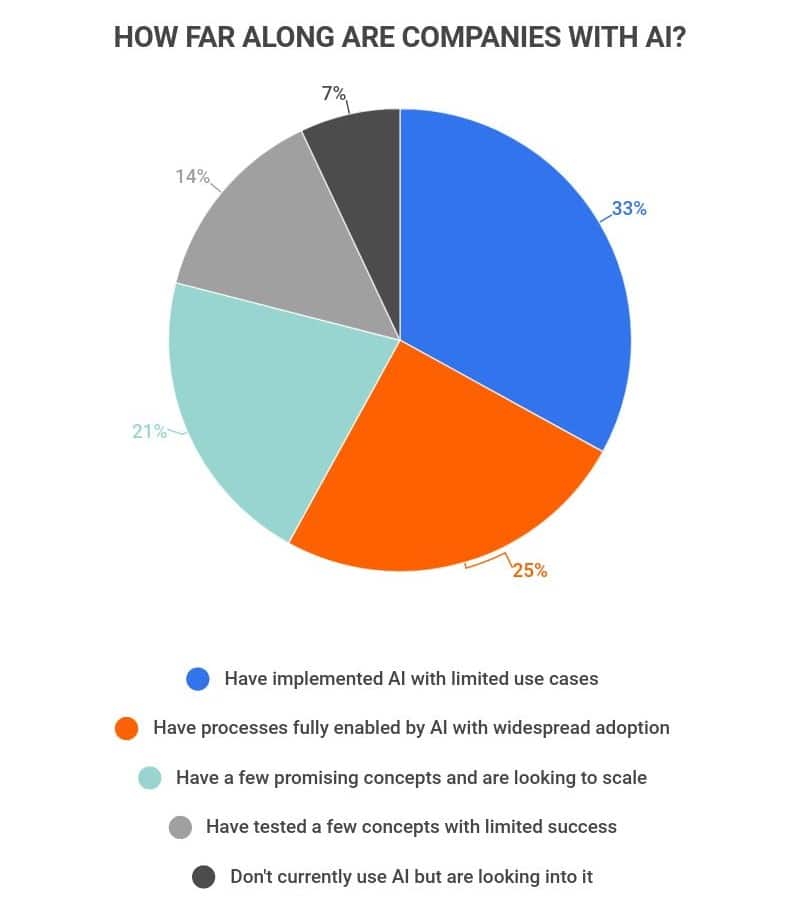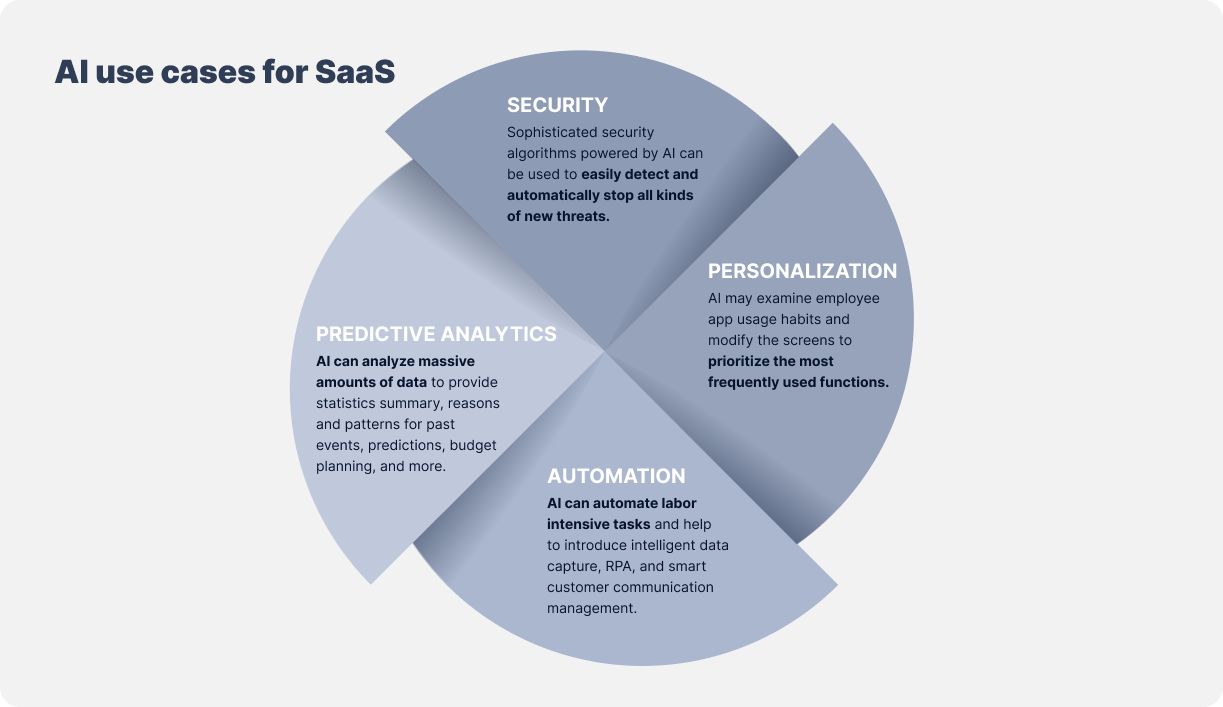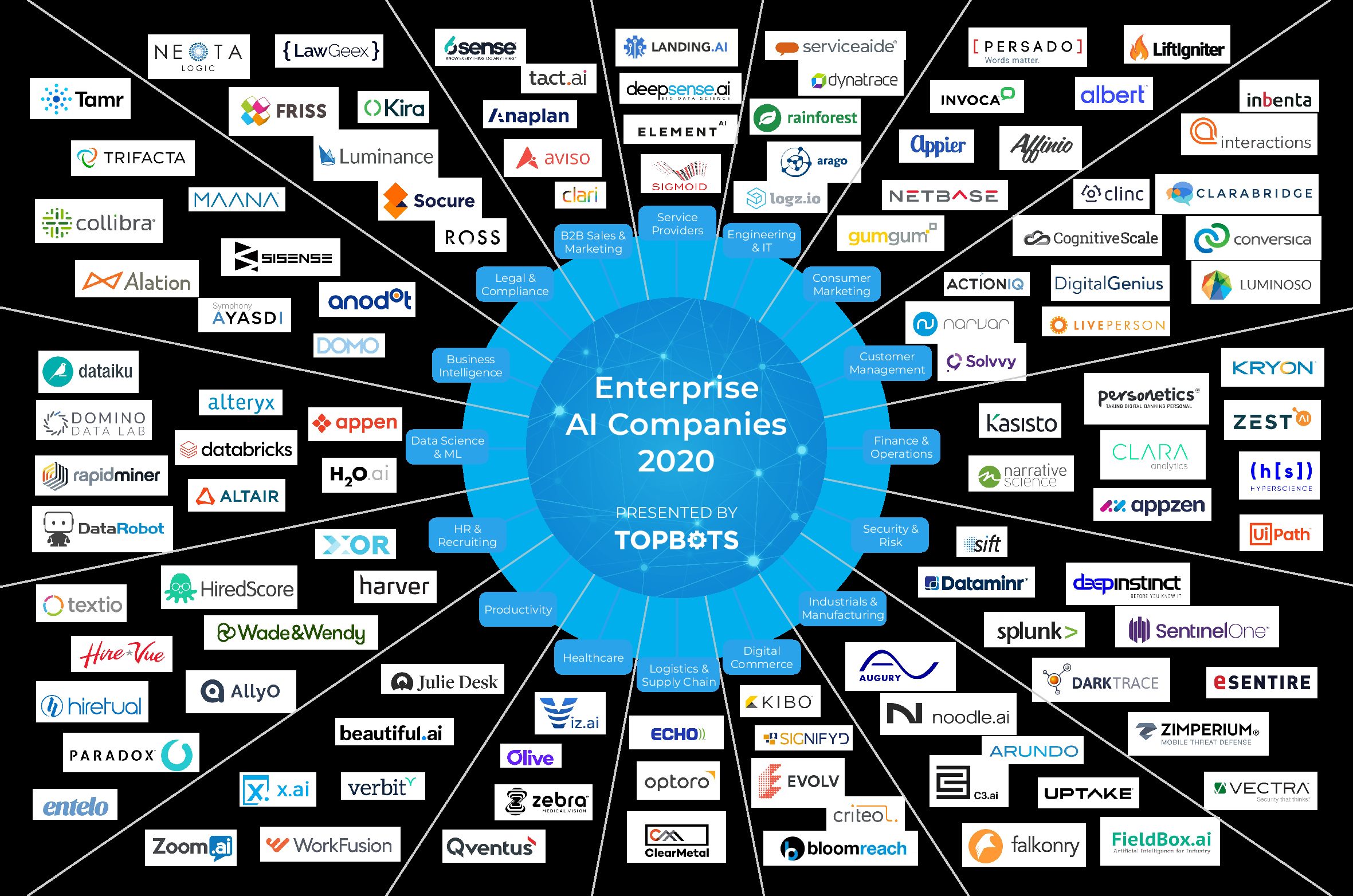In today’s rapidly evolving technological landscape, the integration of artificial intelligence (AI) and automation has become a game-changer for SaaS and tech companies. By harnessing the power of advanced algorithms and intelligent automation, these businesses can streamline their processes, optimize efficiency, and unlock new opportunities for growth.
Convincing SaaS Teams to Embrace AI and Automation for Enhanced Efficiency
Capitalizing on Data-Driven Insights:
One of the primary advantages of implementing AI and automation in a SaaS environment is the ability to harness data-driven insights. By integrating sophisticated machine learning algorithms, SaaS teams can extract valuable patterns and trends from vast amounts of customer data, enabling them to make informed decisions and optimize their products and services. AI-powered analytics can identify customer preferences, improve personalization, and enhance overall user experience. By highlighting the potential for data-driven insights and demonstrating how they can drive revenue and customer satisfaction, SaaS teams can be persuaded to embrace AI and automation.
Streamlining Operations and Efficiency:
Efficiency is the cornerstone of any successful SaaS venture. Automation plays a pivotal role in streamlining routine and repetitive tasks, freeing up valuable human resources to focus on more strategic initiatives. By automating processes such as customer onboarding, data entry, and support ticket management, SaaS teams can reduce human error, increase productivity, and accelerate time-to-market. Emphasize how automation can alleviate the burden on teams and empower them to allocate their efforts towards innovation and high-value activities.
Enhancing Scalability and Adaptability:
For SaaS businesses aiming to scale rapidly, AI and automation offer unparalleled advantages. Intelligent algorithms can analyze usage patterns, predict demand, and optimize resource allocation. By automating infrastructure management and capacity planning, SaaS teams can seamlessly accommodate growing user bases, ensuring a smooth experience for customers. Highlight how AI and automation can foster agility and enable SaaS companies to adapt quickly to market shifts and changing customer demands.
Improving Customer Support and Engagement:
Exceptional customer support is paramount in the SaaS industry. AI and automation can revolutionize customer service by providing instant responses, personalized recommendations, and proactive issue resolution. Implementing AI-powered chatbots or virtual assistants can handle basic inquiries, freeing up support teams to focus on complex cases. Additionally, sentiment analysis and natural language processing can help gauge customer satisfaction, identify pain points, and refine product offerings. By showcasing the benefits of AI-driven customer support, SaaS teams can ensure better customer engagement and loyalty.
Addressing Concerns and Ensuring Security:
When introducing AI and automation, it’s crucial to address common concerns, particularly regarding data security and privacy. Explain the robust security measures in place, such as encryption, access controls, and regular audits. Demonstrate how AI technologies can enhance security by detecting anomalies, preventing data breaches, and identifying potential risks. Emphasize compliance with industry standards and regulations to instill confidence in SaaS teams regarding the integrity and safety of adopting AI and automation.
In the competitive landscape of SaaS and tech companies, the integration of AI and automation is no longer a luxury but a necessity for sustainable growth. By effectively communicating the benefits of data-driven insights, streamlined operations, scalability, improved customer support, and robust security measures, SaaS teams can be convinced of the transformative potential of AI and automation. Embracing these advanced technologies will empower SaaS companies to stay ahead of the curve, drive innovation, and deliver unparalleled value to their customers.
AI and Automation: Empowering SaaS Sales, Marketing, and Customer Success Teams

AI and Automation for SaaS Sales Teams:
In the highly competitive SaaS industry, sales teams play a vital role in driving revenue and customer acquisition. AI and automation offer innovative tools and techniques to empower sales teams and boost their effectiveness. AI-powered lead scoring and predictive analytics can identify high-potential prospects, enabling sales reps to prioritize their efforts and maximize conversion rates. Additionally, automation can streamline sales processes, such as email outreach, follow-ups, and proposal generation, saving valuable time and ensuring consistent communication. Intelligent chatbots or virtual assistants can handle initial inquiries and assist with lead qualification, freeing up sales professionals to focus on building relationships and closing deals. By leveraging AI and automation, SaaS sales teams can enhance their productivity, improve sales forecasting accuracy, and drive revenue growth.
AI and Automation for SaaS Marketing Teams:
For SaaS marketing teams, AI and automation offer unparalleled opportunities to optimize campaigns, enhance targeting, and deliver personalized experiences at scale. AI-powered algorithms can analyze vast amounts of customer data, identify behavioral patterns, and segment audiences effectively. By leveraging these insights, marketing teams can create tailored content, refine messaging, and craft targeted campaigns that resonate with specific customer segments. Automation can also be used to streamline marketing workflows, such as lead nurturing, email marketing, and social media scheduling. Additionally, AI-driven chatbots can engage with website visitors, provide real-time assistance, and capture valuable customer data for future marketing initiatives. By harnessing AI and automation, SaaS marketing teams can drive engagement, improve conversion rates, and nurture long-term customer relationships.
AI and Automation for SaaS Customer Success Teams:
Customer success is a critical focus area for SaaS companies, as it directly impacts customer retention, satisfaction, and long-term profitability. AI and automation technologies offer valuable tools to empower customer success teams and deliver exceptional experiences. Intelligent chatbots or virtual assistants can provide immediate support, answer common queries, and guide customers through self-service options. AI-driven sentiment analysis and customer feedback analysis can identify customer pain points and areas of improvement, enabling proactive interventions. Furthermore, automation can be employed to trigger personalized onboarding sequences, send timely product usage reminders, and deliver tailored recommendations based on user behavior. By leveraging AI and automation, SaaS customer success teams can enhance customer satisfaction, reduce churn, and foster long-term loyalty.
What the Rise of AI and Automation Means for The Future of SaaS
How Utilizing AI and Automation Can Increase Overall Company Success
AI and automation are transformative technologies that hold immense potential for SaaS sales, marketing, and customer success teams. From streamlining sales processes and improving lead conversion to optimizing marketing campaigns and delivering personalized experiences, these technologies empower SaaS teams to achieve new levels of efficiency and effectiveness. By harnessing AI-powered lead scoring, predictive analytics, chatbots, and automation workflows, SaaS companies can drive revenue growth, enhance customer engagement, and ensure long-term success in the dynamic and competitive SaaS industry. Embracing AI and automation is not just a trend but a strategic imperative for SaaS teams looking to thrive in the digital age.

Increased Efficiency and Cost Savings:
According to a report by McKinsey, AI and automation technologies have the potential to automate approximately 45% of the tasks performed across various industries. This automation has led to substantial cost savings and increased efficiency for SaaS and tech companies. For instance, Salesforce Research found that by implementing AI-powered chatbots, companies experienced a 28% increase in agent productivity and reduced support costs by 29%.
Enhanced Customer Engagement and Personalization:
AI and automation tools have significantly improved customer engagement and personalization in the SaaS and tech industry. A study by Accenture revealed that 75% of customers are more likely to make a purchase from a company that provides personalized recommendations based on their preferences and past behaviors. By utilizing AI algorithms to analyze customer data, companies can offer tailored product suggestions, personalized marketing campaigns, and proactive customer support, resulting in improved customer satisfaction and loyalty.
Improved Sales and Revenue Growth:
The integration of AI and automation into sales processes has proven to be a game-changer for SaaS and tech companies. According to a report by Gartner, AI-driven lead scoring and nurturing can increase sales conversions by up to 30%. Additionally, Salesforce Research discovered that sales teams using AI technology experienced a 38% higher win rate and a 35% increase in revenue. These statistics highlight the tangible impact of AI and automation in driving sales effectiveness and revenue growth.
Streamlined Operations and Scalability:
Implementing AI and automation tools has led to streamlined operations and improved scalability for SaaS and tech companies. By automating routine tasks and processes, businesses can significantly reduce manual effort and human error. According to a study by Forrester, companies utilizing robotic process automation (RPA) witnessed a 90% reduction in manual effort, resulting in improved operational efficiency and resource allocation. Furthermore, AI-powered algorithms can optimize resource utilization, infrastructure management, and capacity planning, allowing companies to scale their operations efficiently.
Competitive Advantage and Innovation:
Utilizing AI and automation tools has provided SaaS and tech companies with a competitive advantage and fostered innovation. A survey by PwC revealed that 72% of business executives view AI as a significant business advantage. By leveraging AI-powered insights and automation, companies can identify emerging trends, uncover hidden opportunities, and drive innovation in their product development and go-to-market strategies. These technologies empower companies to stay ahead of the curve, adapt to changing market dynamics, and lead the way in their respective industries.
The successes observed in the SaaS and tech industry through the implementation of AI and automation tools are supported by extensive research and real-world case studies. These technologies have proven to deliver tangible benefits, including increased efficiency, cost savings, improved customer engagement, revenue growth, streamlined operations, scalability, competitive advantage, and innovation.
10 AI and Automation Tools for SaaS and Tech Companies to Try Today
Dialogflow by Google Cloud:
Application: Build conversational interfaces such as chatbots and virtual assistants.
Why use it: Enable natural language understanding, automate customer support, and improve user engagement.
Salesforce Einstein:
Application: Leverage AI capabilities within Salesforce CRM for sales, marketing, and customer service.
Why use it: Enhance lead scoring, personalize customer interactions, and automate repetitive tasks.
IBM Watson:
Application: Utilize Watson’s suite of AI-powered tools for natural language processing, speech recognition, and more.
Why use it: Enable advanced analytics, automate business processes, and create AI-powered applications.
UiPath:
Application: Implement robotic process automation (RPA) for automating repetitive tasks and workflows.
Why use it: Improve operational efficiency, reduce errors, and free up employees for more strategic work.
Amazon Comprehend:
Application: Leverage natural language processing (NLP) for sentiment analysis and content categorization.
Why use it: Automate text analysis, gain insights from customer feedback, and improve content targeting.
Tableau:
Application: Visualize and analyze data to uncover insights, trends, and patterns.
Why use it: Make data-driven decisions, create interactive dashboards, and share insights with stakeholders.
Twilio Autopilot:
Application: Build AI-powered chatbots and voice assistants for customer support and interaction.
Why use it: Automate customer interactions, provide 24/7 support, and improve response times.
Microsoft Azure Machine Learning:
Application: Develop and deploy machine learning models for various use cases.
Why use it: Optimize processes, automate predictions, and improve personalization.
DocuSign :
Application: Automate and streamline document workflows with e-signature capabilities.
Why use it: Improve efficiency, reduce paperwork, and enhance collaboration.
Palo Alto Networks Cortex XSOAR:
Application: Automate cybersecurity incident response and threat intelligence processes.
Why use it: Improve incident response times, increase security effectiveness, and enhance threat detection capabilities.


